Photos: Jonathan Borg
The Local Enforcement System should revert back to its original form where wardens fall under the direct responsibility of the respective Local Councils, Siggiewi Mayor Karol Aquilina said this morning.
Speaking at a cabinet meeting with Mayors of southern localities, which was held in Zebbug, Dr Aquilina said this would ensure that councils have control over matters that directly affect their respective localities. "We cannot retain a system where councils do not have control over what happens in their localities."
Dr Aquilina said Siggiewi does not need wardens patrolling the streets 24 hours a day. "Personally, I am not interested in using wardens to make money for the council. I would rather if we paid for their services in return for an efficient system."
The Malta Independent on Sunday revealed yesterday that the government has embarked on a u-turn and wardens will not be transferred to a government-appointed central unit, as proposed in the White Paper on the Local Wardens Reform.
The Siggiewi Mayor also said taxes paid by Local Councils to the government on services rendered by private companies should be given back to the councils instead of going into the state coffers. He also urged the government to reconsider plans for a cow farm in the San Niklaw area. This project, he said, would not only affect the surrounding area but also the Dar tal-Providenza.
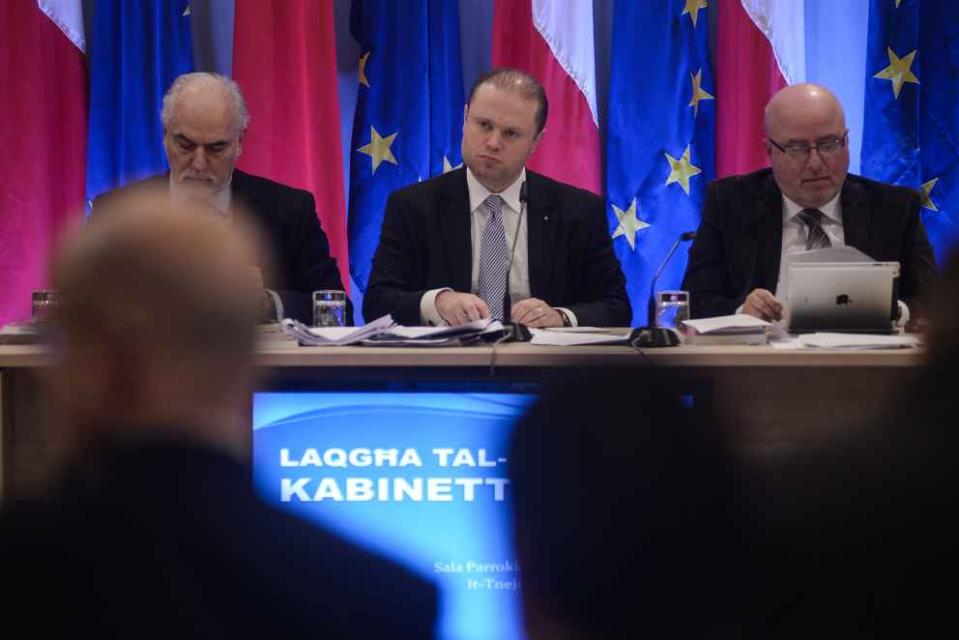
On his part, Zebbug Mayor Alfred Grixti said councils cannot depend solely on government funds. They should be allowed to commercialise their territories, he said. Mr Grixti said it was unfair that monti hawkers and restaurants with outdoor dining areas paid nothing to the council, which then has to pay for cleaning services. The same could be said for festa kiosks, which only paid €23 for a whole weekend. Councils, he said, should collect the fees and keep 10% for themselves. He also argued that 10% of money collected on car licenses should be given to Local Councils to carry out projects.
Qormi Mayor Rosianne Cutajar complained about the pollution caused by the town's numerous bakeries, many of which do not have the appropriate filters installed. Enforcement on the issue is lax. Ms Cutajar asked if EU funds could be obtained to help these businesses upgrade their equipment to reduce emissions.
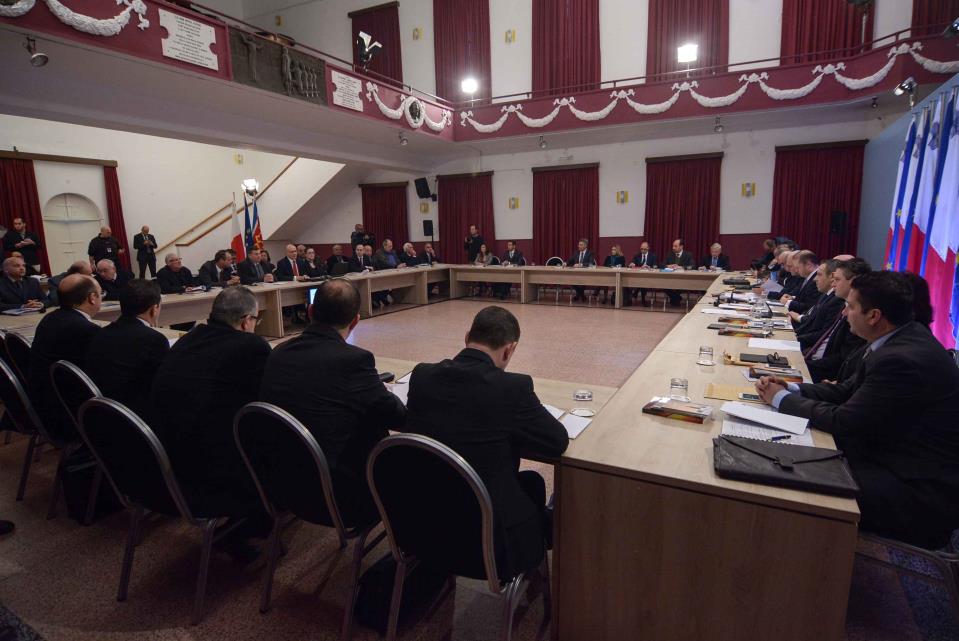
The Mayor said the Handaq area is a no man's land as it neither falls under the council's responsibility nor the Malta Industrual Parks'. This anomaly should be remedied. She also called on the authorities to take action on an illegal scrapyard which was set up some years ago on private land.
Perhaps the most controversial proposal made during today's meeting was to reintroduce timed parking. Ms Cutajar said Qormi residents are facing a huge parking problem, caused mainly by the thousands of people that visit businesses in the area. She called on Transport Minsiter Joe Mizzi to reconsider introducing timed parking again.
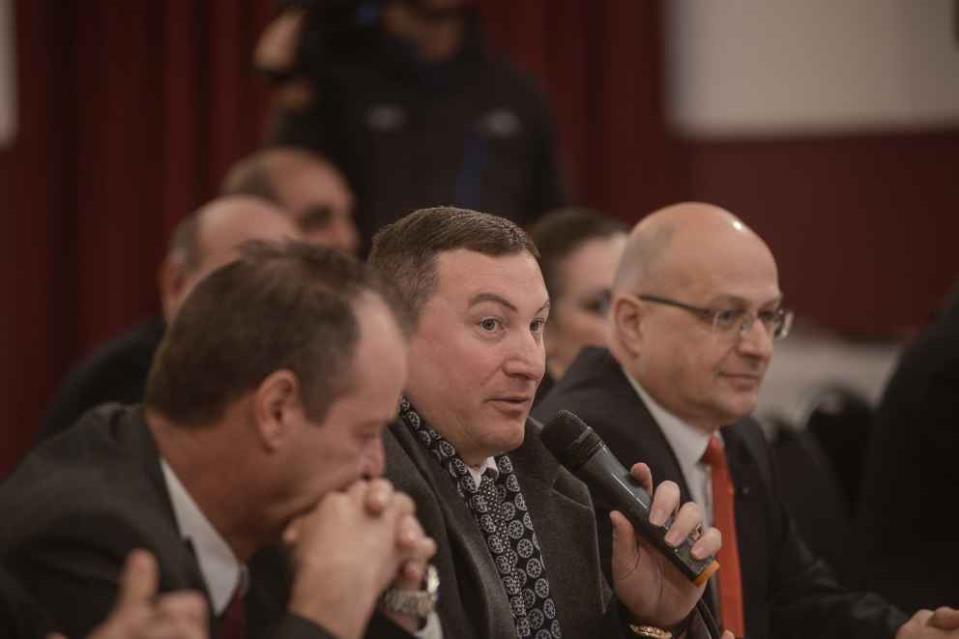
Birzebbugia Mayor Joseph Farrugia urged the government to refrain from building up the area currently occupied by the huge oil tanks, which are set to be relocated. He also complained that there are not enough police officers stationed at the popular seaside locality.
Luqa Mayor John Schembri said residents wanted bus routes to be reverted to the original ones. He complained that the Consultative Council for the South has not yet visited areas in need of regeneration.
The Mayor of Zurrieq, Natius Farrugia, said Xarolla Avenue needs to be widened because a bottleneck in part of the road is causing many accidents, while Qrendi Mayor David Schembri said there is not a single ATM in the locality.
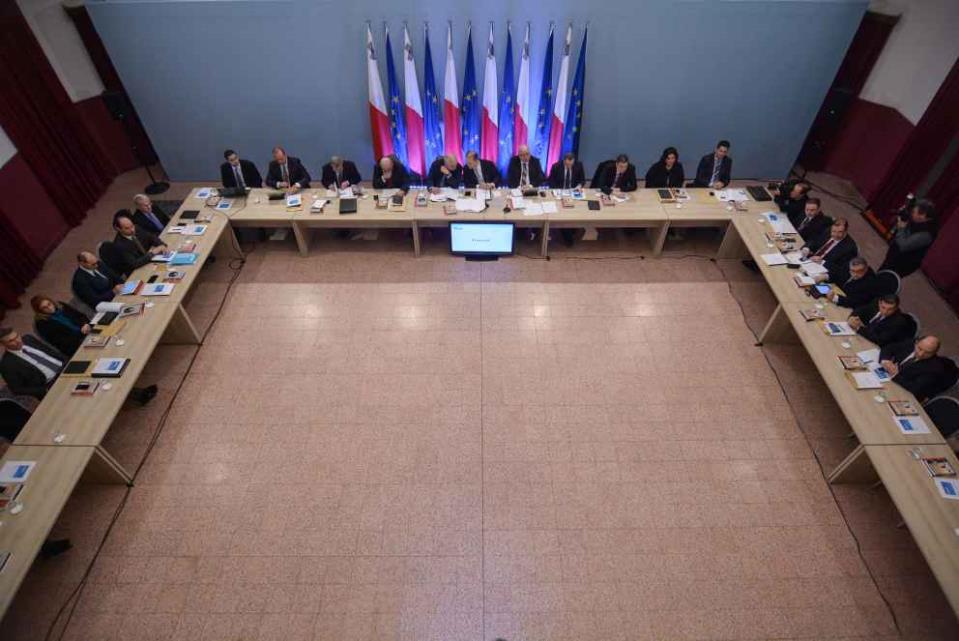
In a brief speech at the end of the meeting, Prime Minister Joseph Muscat said the cabinet had taken note of the points raised by the Mayors. He noted that infrastructure had been a recurrent theme and said Local Councils are instrumental in pointing out the need for upgrading the country's infrastructure.
Dr Muscat said the government has to priorities projects but noted that it could not only contribute to works on arterial roads.
The Prime Minister said the money saved by holding all Local Council elections simultaneously will be deposited into a special fund that councils can tap in to finance projects. "The fund will not be a bottomless well but it will serve to boost the funds you currently have." He also agreed on the need for councils to opt for public-private-partnerships.
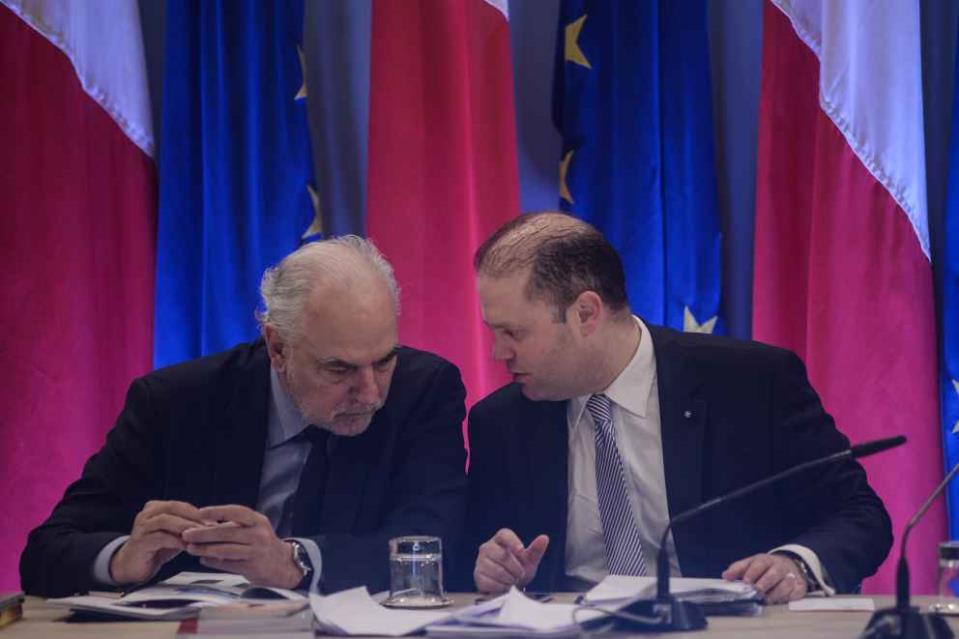
Dr Muscat said the government will be taking decisions on the possibility of devolution more power to Local Councils. "Councils should have a bigger say on what goes on in the localities they administer."
One such example he said, was the MEPA demerger. This will give Local Councils a vote on the MEPA board on big projects. "Local Councils will no longer serve simply as an objector to a controversial project. They will also have a vote and the power to influence the decision makers."